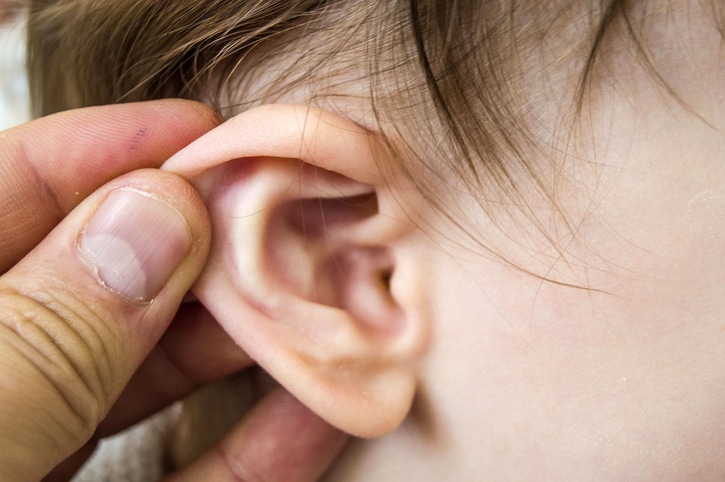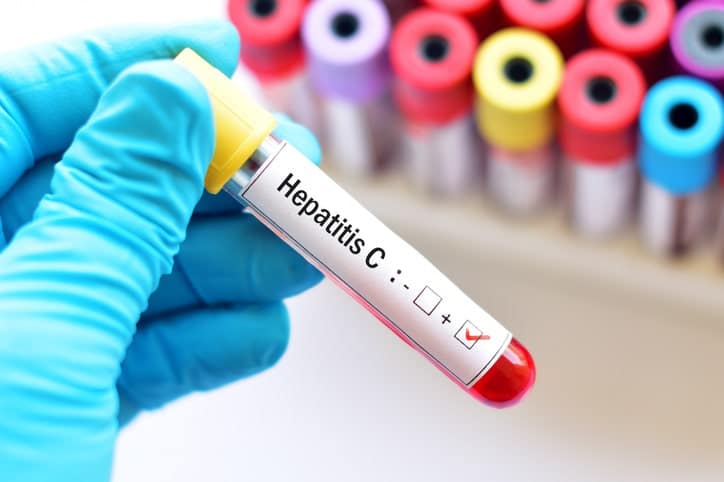Have you thought whether the Flu Vaccine offers adequate protection against the novel Covid-19 virus?
It is imperative to note that the Novel Covid-19 virus cannot be prevented by administering the flu vaccine. However, it is equally important to get the vaccine in Singapore, judging by the annual occurrence of Influenza. Although safety measures have been taken all around, the flu highlights are normally during the mid-year and end year periods. All doctors highly recommend the flu vaccine for the prevention of flu-related illness, which plays a significant role in reducing hospital cases, thus creating an improved working environment for both the medical experts and the general public at large. The flu can pose serious medical complications for those who are at high risk of contracting diseases, thus the essential need to get vaccinated.
The World Health Organization (WHO) has always been on the front line in research and improving vaccines on an annual basis. Through the different disease prevention agencies, vaccines are developed depending on the likelihood of a particular outbreak. I am always confident with the approach since there is the improvement of vaccines.
When is the best time for a flu vaccination?
Different countries have variable climatic conditions, thus the uncertainties surrounding the best periods for vaccines. Although the qualms, flu season across the globe ranges from October to late May of the proceeding year. A more significant period is experienced in Singapore, where the flu season ranges from December to February of the following year and May to July, typically mid-year.
You are normally advised to acquire the flu vaccine on an annual basis to enhance the chances of minimal or no contraction. Additionally, with the estimates of the outbreak periods, you should ensure you get vaccinated before the epidemic. Vaccinations are always encouraged to be continuous to enable those who never had a chance to partake in the same get administered.
The World Health Organization (WHO) has enlisted the flu vaccine virus strains to curb its spread. They have tagged locations to help enhance your knowledge of the influenza epidemic and ensure safety concerns are addressed. The locations are categorized into Northern and Southern Hemisphere.
What is Influenza?
Although there are many misconceptions, Influenza is a respiratory virus characterized by body aches, high-grade fever, headaches, sore throats, too much sneezing, and coughing, and a running nose. The infected individual also develop red eyes during the period of the virus. The respiratory tract linings are significantly affected during the virus, thus leading to inflammation.
Considered a more severe form of common cold, the Influenza virus is generally spread through air droplets emanating from an infected person in close proximity during a conversation in the event of contact with the contaminated surface and or in the event of coughing or sneezing.
What are the complications of Influenza infection?
Persons with health conditions, the elderly in the community, and the young have a higher infection rate in the event of failure to be vaccinated.
The repercussions of the virus are dire compared to ordinary cough and cold. They include, but not limited to:
- Complications of the lungs which amounts to pneumonia and in some cases respiratory failures
- Inflammation of the brain, a condition commonly known as encephalitis.
- Inflammation of the heart which may trigger blood clots thus creating a possibility for heart attack.
- Injuries of the kidney in cases of extensive spread.
- Body muscles resulting in rhabdomyolysis.
- Unfortunately, loss of life in cases of severe attacks may be experienced.
Is the flu vaccine effective?
An estimated reduction of flu to between 40%-60% is attained based on the CDC's annual statistics. Although not guaranteeing the utmost solution, it is relatively commendable considering the limited fatality cases.
Should I go for a Flu vaccination?
The World Health Organization advises individuals to obtain flu vaccines on an annual basis, unless you are allergic to the vaccinations. Moreover, the Singapore MOH's Expert Committee on Immunization (ECI) always recommends influenza vaccination to the following categories of people.
- The elderly (65 years and or above) or the young categories (6 months to 5 years).
- You have prevailing health conditions such as chronic lung and heart conditions, diabetes, or even kidney disease.
- You have a compromised immune system perhaps due to medical conditions, medications, or even conditions like HIV infection.
- All healthcare professionals due to their consistent contact with patients and infected persons.
Among the vulnerable groups, viral pneumonia, secondary bacterial pneumonia, sinus infection, as well as the worsening of diseases such as heart failure and diabetes may all increase your risk of contracting the virus. What's more, research tends to show that you are more likely experience severe covid19 symptoms.
To curb the spread, you should always adhere to government directives of keeping social distance and further ensure proper sanitation and cleaning of contaminated areas. Furthermore, facial masks are crucial to preventing the spread of the virus, bearing in mind that it can be transmitted via coughs and sneezes. Above all, you are strongly advised to stay at home because this is one of the surest ways to minimize getting in contact with the virus.
Patients with other health conditions are more vulnerable to the infection, thus the need for prevention rather than cure. Always seek further clarification from your relevant healthcare provider in the time of need and ensure to observe hygiene to keep your family safe at all times.
Can you catch the flu from the vaccination?
It is imperative to note that the influenza vaccine has traces of the inactivated virus. Of course, you can't fall sick because of a dormant virus. However, they usually trigger your immune system to make antibodies that are aimed at offering protection against the influenza virus that you have been vaccinated against.
I am allergic to eggs, can I still get the flu vaccine?
Many flu vaccines usually contain small traces of egg proteins because the viruses used in the manufacture of the vaccines are often incubated in eggs. However, severe allergic reactions among those with egg allergies don't always happen. In fact, according to a recent CDC study, only one in a million people experience a severe allergic reaction.
Before you travel, make sure you are vaccinated:
Flights usually accelerate the spread of diseases, and influenza is no exception. Getting vaccinated before traveling simply means you won't contract the virus hence you won't also infect your family members back home once you are back.
You could be a carrier of the virus yet you are not aware:
Research has shown that nearly 30% of influenza patients are asymptomatic. This implies that you could be spreading the virus unknowingly, particularly to those vulnerable, such as the elderly, kids as well as your co-workers without your knowledge.
The influenza virus can be tough to eradicate:
According to clinical research, the virus can potentially survive on hard surfaces for more than a day. This simply means that you MUST thoroughly wash your hands before you either touch any part of your face or eat anything.
You need a flu vaccine annually because the virus mutates quite often and quickly:
The influenza virus is known to undergo frequent mutation episodes. In short, today's strains of the virus will certainly be different from tomorrow's! It simply means that the flu shot you may have had the previous year would not protect you against current influenza. And this is the reason why the CDC highly recommends a yearly flu vaccination.
This article was written and medically reviewed by Dr Ben, M.D on 24/01/2021



















